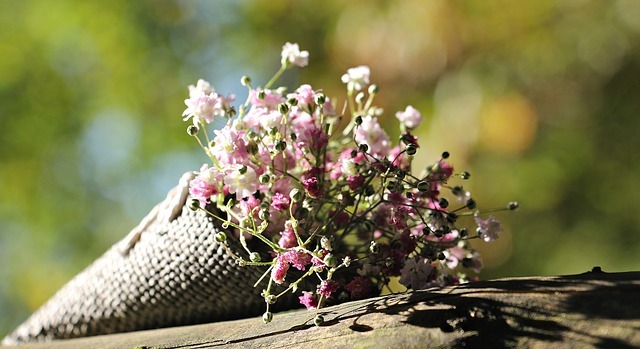Herbs are some of the most popular and versatile ingredients in any home cook’s kitchen. Whether you’re using them to season a main course, add a savory flavor to a side dish, or just garnish a dish for presentation, herbs can add a unique flavor and aroma to any dish. Growing your own herbs can be a rewarding and cost-effective way to ensure you have a fresh supply of herbs on hand for all your cooking needs.
Getting Started
If you’re new to herb gardening, there are a few things you should consider before getting started. First, decide which herbs you want to grow. Consider what types of dishes you usually make and what flavors you like. Some of the most popular herbs for home cooks include basil, oregano, thyme, rosemary, chives, and parsley. Once you’ve decided on the herbs you want to grow, you’ll need to decide where to plant them. Herbs do best in a sunny spot with good soil drainage.
Caring for Your Herbs
Once you’ve chosen the herbs you want to grow and the spot you’ll plant them, it’s time to start caring for your herbs. Water your herbs regularly, but be sure to not over-water them. Herbs do best in soil that is moist but not soggy. Depending on the type of herb, you may also need to fertilize your herbs. Most herbs prefer a balanced fertilizer, but some may require a specific type of fertilizer. For specific instructions on fertilizing your herbs, consult a gardening expert or read the instructions on the fertilizer packaging.
Harvesting Your Herbs
When it comes time to harvest your herbs, you’ll want to make sure you do it correctly. Start by snipping off the top few inches of the herb’s stem, leaving the rest of the plant intact. This will encourage the plant to continue growing and producing more herbs. After harvesting, you can use the herbs right away or store them for later use. To store them, wash the herbs and allow them to dry completely. Then, place them in a paper bag or wrap them in a damp paper towel and store them in the refrigerator.
Preserving Your Herbs
If you find yourself with an abundance of herbs and don’t want to waste them, there are several ways to preserve them. One of the simplest and most popular methods is to dry the herbs. Hang the herbs in a warm, dry, and dark place and allow them to dry for several days. Once they’re dry, you can store them in an airtight container. Alternatively, you can freeze the herbs in ice cube trays, or you can make your own herb-infused oils or vinegars.
Conclusion
Herb gardening can be a rewarding and cost-effective way to ensure you have a fresh supply of herbs on hand for all your cooking needs. Whether you’re growing them in a sunny spot in your garden or just in a few pots on your windowsill, you’ll be able to enjoy the fresh flavor of your own homegrown herbs. With proper care and harvesting techniques, you can also preserve your herbs for later use. So don’t wait—start your own herb garden today!

